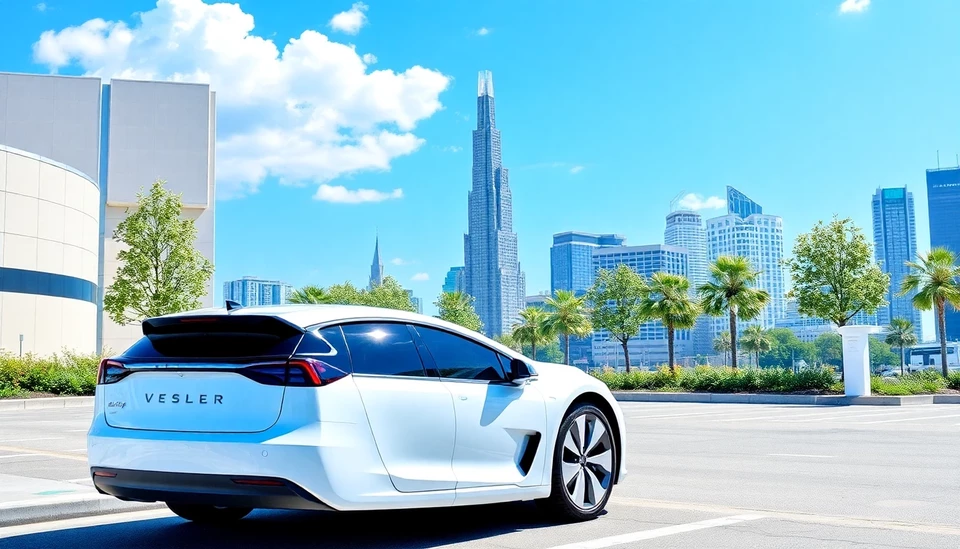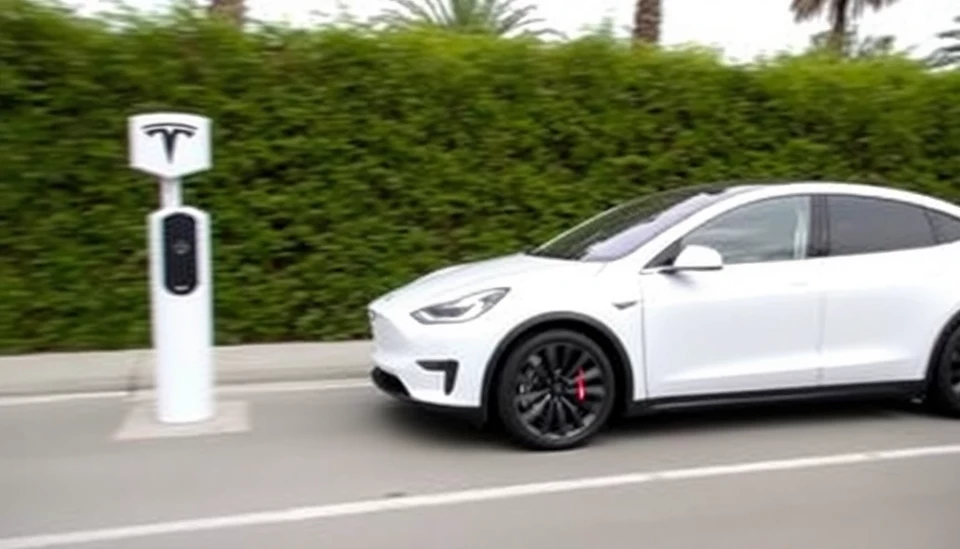
In a bold statement that has captured the attention of the corporate world, Uber's CEO, Dara Khosrowshahi, is advocating for the forced transition of companies towards electric vehicles (EVs). This call to action emphasizes the critical role that businesses play in combatting climate change and reducing urban pollution levels. Khosrowshahi's position comes amid the growing urgency for sustainable practices in the face of an escalating environmental crisis.
During a recent conference focused on sustainability and innovation, Khosrowshahi presented a compelling argument, suggesting that mandating the adoption of electric vehicles for corporate fleets could significantly reduce carbon emissions. His remarks are not just theoretical; he pointed to existing initiatives within Uber, where the company is striving to transition its drivers to electric vehicles by 2030. This internal move reflects a broader commitment to reducing the carbon footprint attributed to ride-hailing services.
Khosrowshahi's push for legislation forcing companies to employ electric vehicles aligns with a growing trend among major corporations. Many are being scrutinized over their environmental impact, leading to a gradual shift towards greener practices. The Uber CEO highlighted that this shift is not merely an option but a necessity for businesses aiming to demonstrate corporate responsibility and stewardship over the environment.
Critics, however, have raised concerns about the implications of such mandates. They argue that enforcing a swift transition to electric vehicles could place undue burdens on smaller businesses, which may lack the resources to make the switch promptly. Khosrowshahi addressed these concerns, proposing that the transition could be implemented gradually, allowing companies ample time to adjust to the new requirements while ensuring that the industry's overall carbon output is reduced.
The Uber CEO's remarks come at a critical juncture, as more governments worldwide are stepping up their climate initiatives. The European Union, for instance, has made bold commitments to halt the sale of new petrol and diesel vehicles by 2035, signaling that the days of traditional internal combustion engines are numbered. Khosrowshahi's views resonate with these evolving legislative landscapes and suggest that businesses, both large and small, will need to adapt in order to remain competitive and compliant with new laws regarding sustainability.
As the discussion on electric vehicle adoption intensifies, Khosrowshahi encourages all sectors, not just transport companies, to consider their responsibility toward sustainability. The emphasis on electric vehicles could foster innovation in logistics, reduce operational costs in the long run, and enhance public perception of corporate brands. The transition would not only benefit the environment but could also lead to healthier urban spaces, free from the smog produced by conventional vehicles.
In conclusion, Khosrowshahi’s advocacy posits a future where the corporate sector takes a leading role in promoting environmental sustainability through the adoption of electric vehicles. As companies evaluate their impact on the planet, the case for a collective push towards electric mobility becomes increasingly compelling.
#Uber #ElectricVehicles #Sustainability #ClimateChange #CorporateResponsibility #DaraKhosrowshahi #GreenInitiatives #EVAdoption #UrbanPollution
Author: Peter Collins




